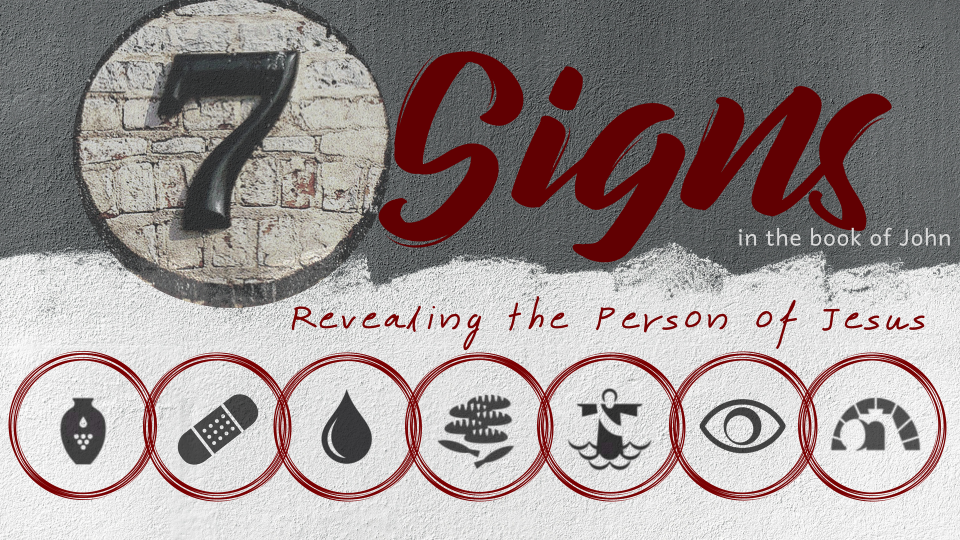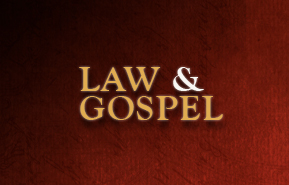The Internet decided to recommend a Tim Tebow video for me last night… I know since many of my friends are from GA and TN, you might highly despise Tebow due to his college football career in FL, but this video has nothing to do with football. I was not aware of his work in stopping child trafficking/slavery until watching this video. Due to this topic, you may not want to watch the video, but just read the following devotional I wrote in response to the video.
Tim Tebow’s testimony of the darkness of child slavery made me think of Advent. Many of the Advent hymns of the Christian Church speak to the darkness of the world that God’s people face and experience daily with the cry for Emmanuel to come to us. John 1:1-18 speaks to Jesus being equal to the Father in divinity. He is called the Word. He is called the light of men. In him is life! The Word, the Light, came into our world of darkness. The Word became flesh and dwelt among us; he is Jesus of Nazareth. Through Jesus of Nazareth, John and the other disciples who received saw Jesus’ glory, the glory of the only Son of the Father, full of grace and truth.
Jesus then speaks of his Church being the light of the world – a city on a hill in the darkness – a beacon of light drawing people to the life that is in him. Tim’s testimony and work are demonstrations of God’s light and the triumph of good over evil.
In the video, Tim Tebow wrestles with why God allows the evil that he has allowed. And yet… he gives a great proclamation of God’s sovereignty in all situations and of his amazing love for sinners. God knows your name. God knows all your hurts.
He’s coming again soon for his children to gather us all together to be with him face to face forever.
Come, Lord Jesus, come! Amen.
Here’s the video: https://www.youtube.com/watch?v=uB-UMEwuy7I







